2012 Newbery Honor Winner: Breaking Stalin’s Nose
Written and illustrated by Eugene Yelchin
Published by Henry Holt Books for Young Readers, 2011
ISBN # 978-0805092165
Grades 5 and up
Book Review
A children’s book about the political tyranny, social injustices, and widespread suffering and suspicion of the Stalinist regime is a rare find. A children’s book that narrates experiences during this time from the first-person perspective of a ten-year old child who goes from beguilement to utter disillusionment is a gem. Eugene Yelchin’s debut novel does more than that. In Breaking Stalin’s Nose, Yelchin successfully summons his talents as an accomplished artist and picture book illustrator, as well as his personal experience as the child of a Soviet Communist, to portray Sasha’s shattering coming-of-age tale. All Sasha wants to do is to be like his father, a member of the State Security secret police, and to join the Young Pioneers, the national youth organization devoted to Comrade Stalin and Communism. When his father is accused of being a traitor and arrested in the middle of the night, Sasha’s world begins to unravel. Now homeless, he attempts to make sense of the arrest while showing unwavering loyalty to the Soviet Union. When he and other children are continually forced to choose between their families, friends, and nation, Sasha learns new meanings and consequences of loyalty and righteousness. Told within a two-day timeframe, Sasha’s journey from naivete to cynicism is powerful and well-paced. Yelchin’s detailed graphite illustrations effectively heighten the sinister mood of the story, but what is most remarkable is how his writing captures the terror and menace of a world in which even children can be suspected, accused, and imprisoned as enemies of the state. Breaking Stalin’s Nose is teeming with possibilities for classroom discussions about civics, ethics, history, and social responsibility, and its brief chapters, lucid prose, and mesmerizing illustrations will entice even elementary school readers to delve into these issues.
Teaching Invitations
- Forms of Government. Breaking Stalin’s Nose centers on a young boy’s daily experiences at home and in school under a totalitarian government. Have your students compare and contrast the various forms of government, from democracies to monarchies to oligarchies and dictatorships. Help them search for examples of each, whether currently existing or in the past, and encourage them to investigate how such a government was established in their examples. Visit Kids.gov (see Further Explorations section below) for additional resources.
- Guilt by Association. This concept is prevalent throughout the novel. As a type of logical fallacy, it’s power lies in its ability to appeal to and manipulate people’s emotions, especially irrational fear. As a result, this concept has characterized many political platforms and reigns throughout history. Engage your students in an inquiry about this logical fallacy and others. Begin with a search for examples in Breaking Stalin’s Nose, then extend the inquiry into examples from history (e.g., the McCarthy era), and then challenge your students to find and analyze examples from contemporary times (e.g., in op-ed pieces, political candidates’ speeches, tabloid publications, advertising, etc.). See the websites in Further Explorations for more resources.
- Youth as Political Activists. At the beginning of the novel, Sasha dreams of joining the Young Soviet Pioneers. Throughout history, various youth organizations were formed to officially support different political campaigns. Have your students research some of these organizations. How were they established? How long did they exists? What were their various purposes or missions? What political platforms did they support? Compile the results of student research into a class informational book or wiki on the topic of youth as political activists.
- Exploring Citizenship. Throughout the novel, adults and children alike are accused of being “enemies of the people.” What does this phrase mean in this novel? In this historical setting? Engage your students in an inquiry about what it means to be responsible citizen. What beliefs, attitudes, knowledge, and behaviors are required? What process must one follow to become a citizen of a particular country? And how might students redefine an “enemy of the people,” given the results of their inquiry?
- Communes and Communal Living. At the beginning of the novel, Sasha and his father live in a communal apartment. Though such living arrangements were common during the Soviet Union and closely associated with the adversities and injustices of the time, the ideals behind communal living can also be viewed as noble. In fact, many people today opt to live in communes, even in democratic and capitalist societies. Invite your students to investigate the social and environmental factors of communal living. What are the benefits? What are the difficulties and downsides? If any communes or other examples of communal living are in your community, take students there to interview residents and explore their ways of life.
Critical Literacy
- Political Rhetoric. Several adults in the story echo the strong political language of Stalin’s regime to coerce children into accepting certain beliefs and condoning certain behaviors. For example, Sasha’s teacher tells Zina Krivko that if she doesn’t accuse another classmate of breaking the nose off Stalin’s bust, even if ZinaFactCheckEd.org and the other websites listed below in the Further Explorations section for helpful resources and lists of rhetorical devices.
- Propaganda. Extending the activities for exploring political rhetoric, engage students in a unit on propaganda. Teach them to combine the skills they learn from analyzing political rhetoric with skills for analyzing the visual content and design of propaganda. See the websites related to propaganda listed in the Further Explorations section for resources. Once students have a firm understanding of how propaganda works, have them try their hand at writing it for a particular cause.
- Orphans and Orphanages. From Oliver Twist to Breaking Stalin’s Nose, discussions about orphans and orphanages have been common throughout children’s literature. Often, those discussions center on public fears and stereotypes about children who have lost their parents and families, as well as the institutions that care for the children. Gather a text set of books with characters who are orphans (e.g., A Series of Unfortunate Events) and/or books that take place in orphanages. What stereotypes do they contain? How are those stereotypes addressed? Go beyond the books to informational texts and other resources, such as the Worldwide Orphan Foundation, that discuss the realities of orphans and orphanages across the world. What programs, organizations, and foundations exist to help children in these situations? How might your students be able to help as well?
- The Purpose of Prisons. Prisons are often viewed as places of punishment for various crimes. And yet, as this novel illustrates through Lubyanka , the range of crimes used to justify sending someone to prison varies greatly. What, then, is the real purpose of prison? Some argue that they exist to lock away social deviants, while others believe that prisons should help to rehabilitate people back into everyday society. Additionally, the purpose of a prison may change depending on governmental and social norms of various historical periods. Invite your students to investigate these questions, drawing on examples from history (e.g. the McCarthy era, the Salem Witch Trials, the Holocaust, the Prohibition era), and if possible, to consider the purpose of local prisons in contemporary times.
Further Explorations
Online Resources
Newbery Medal – American Library Association
http://www.ala.org/alsc/awardsgrants/bookmedia/newberymedal/newberymedal
Eugene Yelchin’s author website
http://www.eugeneyelchinbooks.com/
Eugene Yelchin’s virtual art gallery
http://www.eugeneyelchin.com/
Official Book website, full of photos and information about the Stalinist era
http://www.eugeneyelchinbooks.com/breakingstalinsnose/index.php
Stalin on Trial –lesson plan related to the PBS series “WWII: Behind Closed Doors
http://www.pbs.org/behindcloseddoors/education/lessons/stalin.html
The Stalin Project – a NEH supported site for educators about Stalinism
http://www.stalinproject.com
NKVD.org – a site with information about the crimes and victims of the Soviet Union Secret Police
http://www.nkvd.org/
Soviet Propaganda Machine – online resources related to the PBS series “Red Files”
http://www.pbs.org/redfiles/prop/index.htm
Propaganda Techniques in Literature and Online Political Ads – a ReadWriteThink lesson
http://www.readwritethink.org/classroom-resources/lesson-plans/propaganda-techniques-literature-online-405.html
Propaganda Critic – a collection of online resources about propaganda, inspired by the work of the Institute for Propaganda Analysis
http://www.propagandacritic.com/
Lists of Rhetorical Devices
http://www.thefreedictionary.com/rhetorical+device
http://www.dailywritingtips.com/50-rhetorical-devices-for-rational-writing/
http://facstaff.bloomu.edu/jtomlins/rhetorical_devices.htm
Logical Fallacies in Advertising – a ReadWriteThink.org lesson
http://www.readwritethink.org/classroom-resources/lesson-plans/identifying-understanding-fallacies-used-785.html
Monty Python and the Quest for the Perfect Fallacy – a FactCheckEd.org lesson
http://www.factchecked.org/Downloads/LessonPlans/Fallacies/fallacy.lesson.final(2).pdf
Kids.gov
http://www.kids.gov/6_8/6_8_social_studies_events.shtml
FactCheckEd.org
http://factchecked.org
Worldwide Orphans Foundation
http://www.wwo.org
Books
Bell, W. (1990). Forbidden city: A novel of modern China. New York: Laurel Leaf.
- A young adult novel set around the Tiananmen Square massacre of 1989.
Levine, E. (2005). Catch a tiger by the toe. New York: Viking.
- A novel set during the height of the McCarthy era, in which a young girl faces the consequences of having a father who is a member of the Communist party.
Satrapi, M. (2003). Persepolis. New York: Pantheon.
- An acclaimed autobiographical graphic novel that follows a young girl’s life under the authoritarianism of the Islamic Revolution in Iran.
Sis, P. (2007). The wall : Growing up behind the Iron Curtain. New York: Farrar, Straus and Giroux.
- An autobiographical picture book about the renowned children’s author and illustrator’s childhood in Czechoslovakia under Soviet rule.
Whelan, G. (2003). The impossible journey. New York: HarperCollins.
- A chapter book about 13-year old Marya’s journey with her younger brother, Georgi, to search for their mother, who was banished to Siberia after opposing Stalin.
Yue, G. (2011). Little Leap Forward. Cambridge, MA: Barefoot Books.
- A sensitive chapter book about a young boy’s life in China in the midst of Communism and the Cultural Revolution.
About Grace Enriquez
Grace is an associate professor of language and literacy at Lesley University. A former English Language Arts teacher, reading specialist, and literacy consultant, she teaches and writes about children’s literature, critical literacies, and literacies and embodiment. Grace is co-author of The Reading Turn-Around and co-editor of Literacies, Learning, and the Body.
ADVERTISEMENT
ADVERTISEMENT
SLJ Blog Network
The Moral Dilemma of THE MONSTER AT THE END OF THIS BOOK
Cover Reveal and Q&A: The One and Only Googoosh with Azadeh Westergaard
Winnie-The-Pooh | Review
Parsing Religion in Public Schools
Finding My Own Team Canteen, a cover reveal and guest post by Amalie Jahn
ADVERTISEMENT

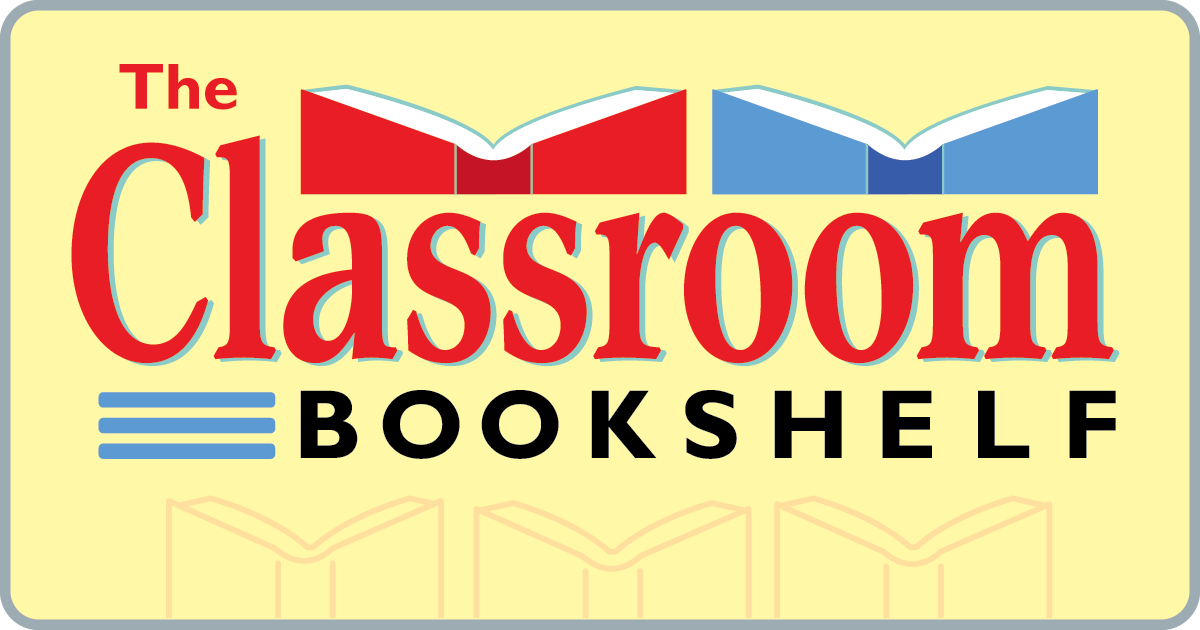


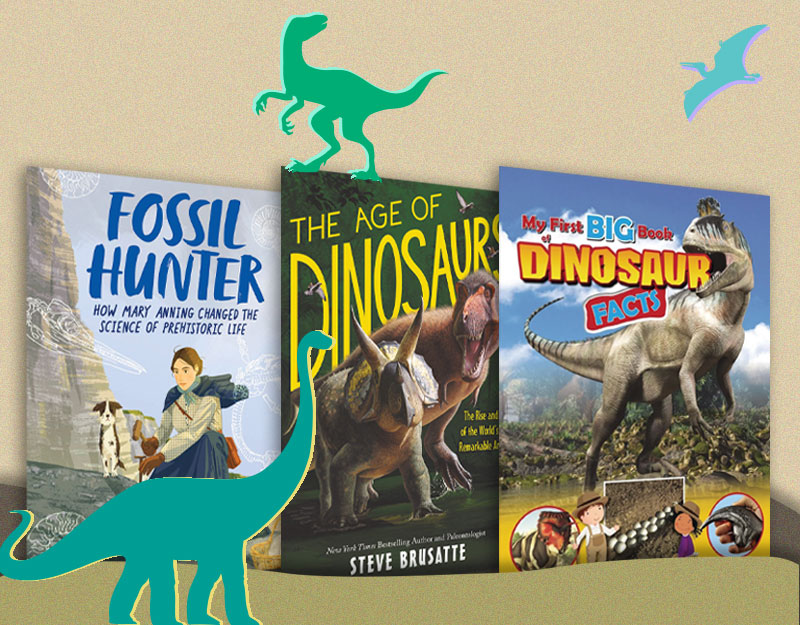
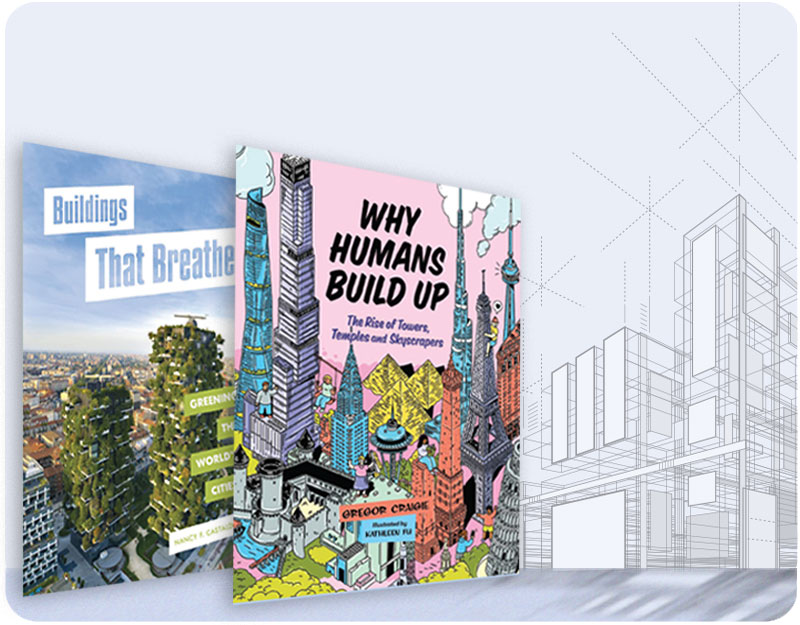

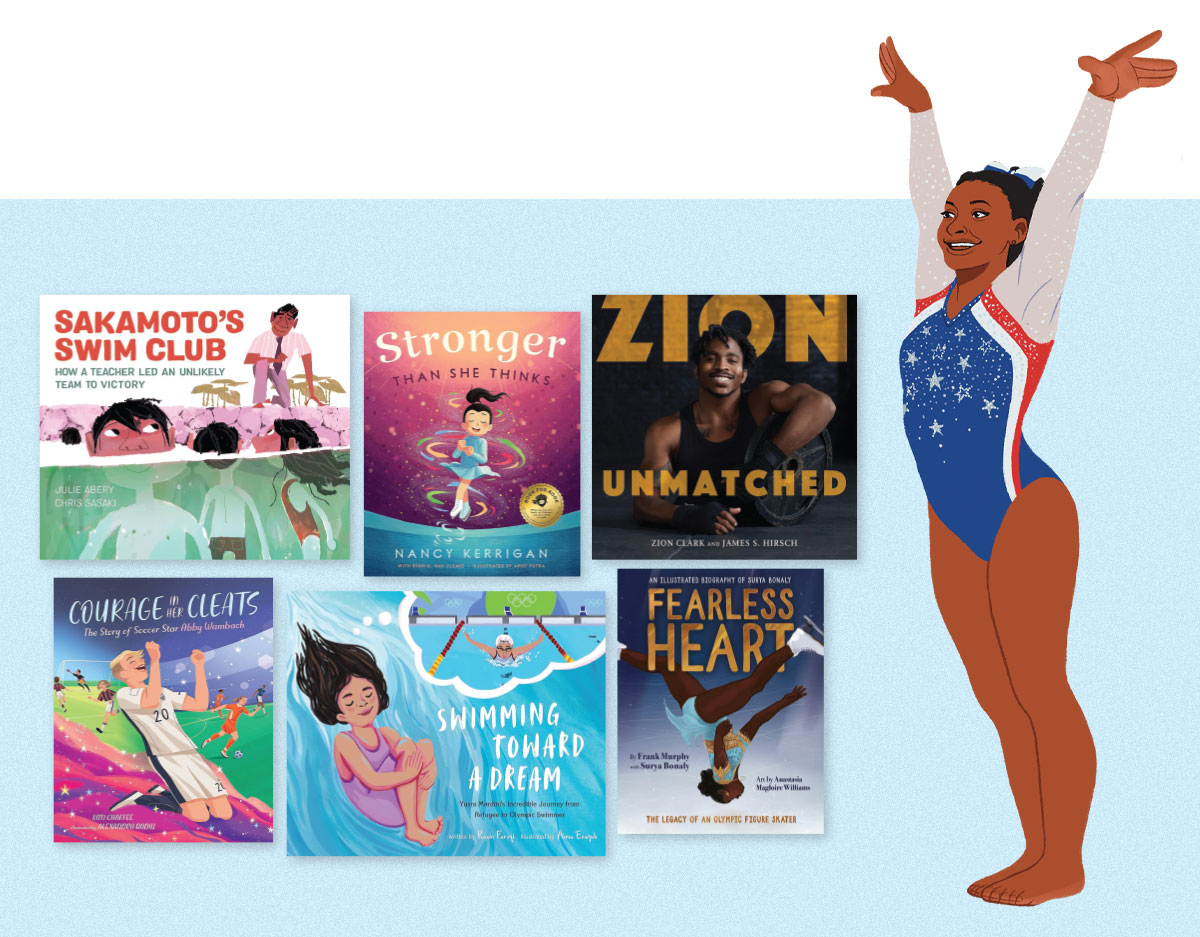
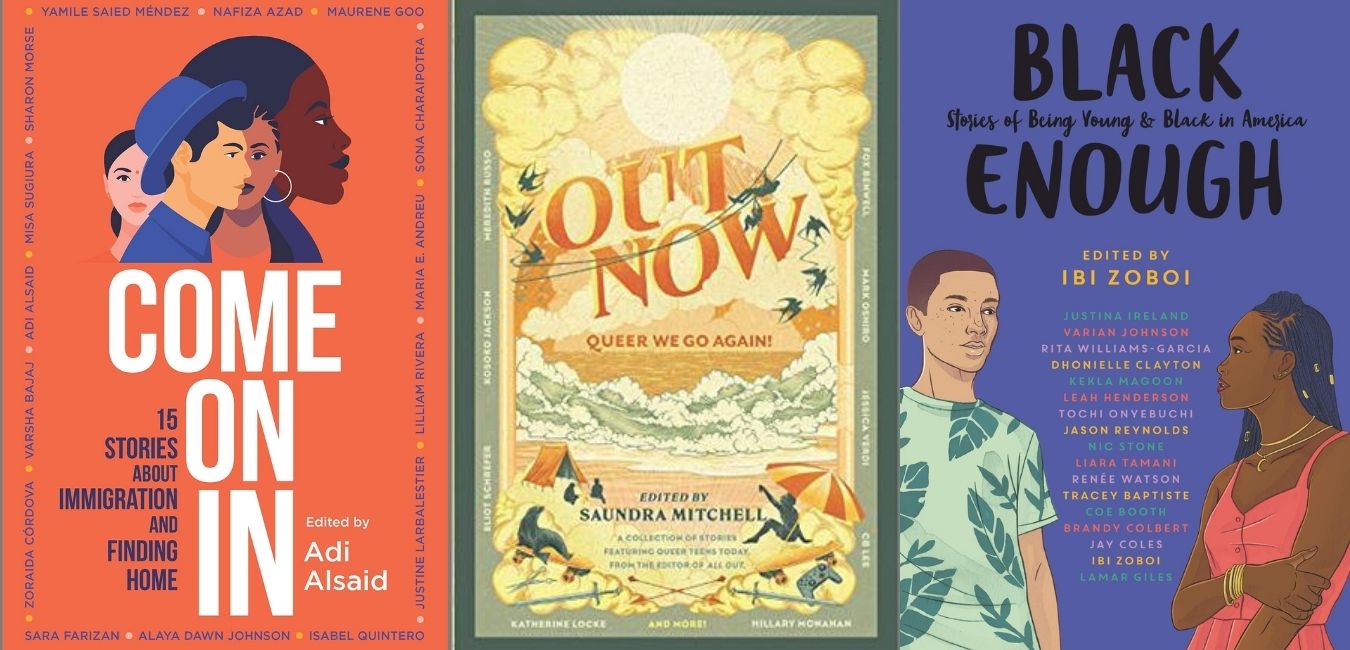
I so look forward to seeing and reading The Classroom Bookshelf! Many thanks to you all… Janie Sweatt'11 Woodsville co-hort Go Lesley U.!!
I can't wait to read this book. I grew up during the cold war era & it was a scary time, although I didn't 'feel' it as those did in eastern Europe. Do you think that pairing this with Between Shades of Gray by Ruta Sepetys is another possibility? I loved that book and the courage exhibited in the characters there too.